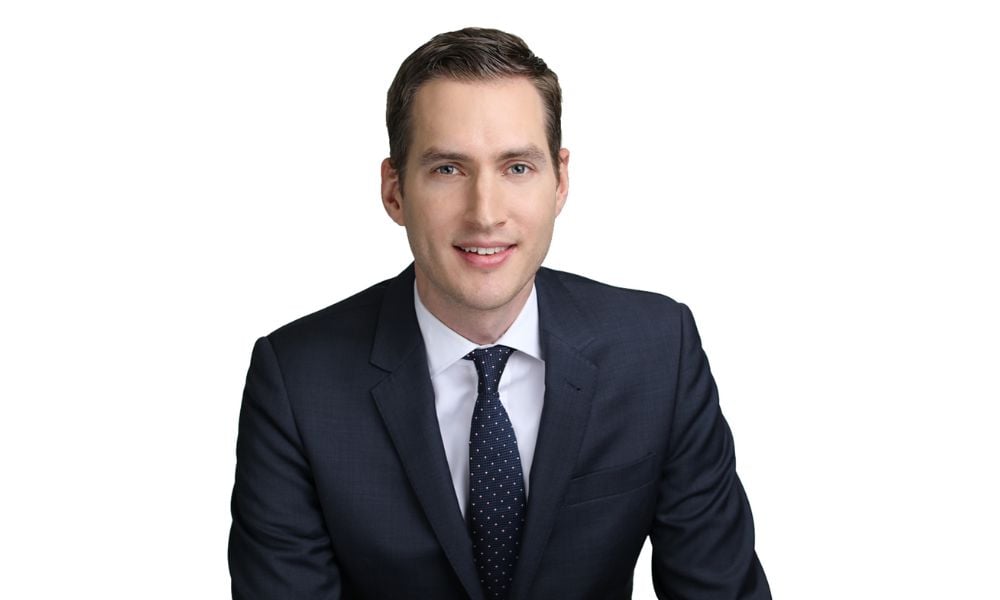Specialist advisor outlines what he's hearing, how he's approaching issues

Even if a client has the $10 million in liquid investable assets to classify them as ultra high net worth (UHNW), they’re not immune from our current world of economic and market uncertainty. From short-term cashflow concerns, through long-term prospects for their investments, to worries about the next generation, the issues facing UHNW clients are often quite similar to those confronted by less-wealthy investors. The big difference, one specialist advisor says, is the level of complexity.
Russell Feenstra (pictured), Wealth Advisor and Client Relationship Manager at Nicola Wealth in Vancouver, explained that his UHNW clients are coming to him concerned about inflation, portfolio protection, and taxes.
“Taxes are trending higher and that can affect UHNW clients in various ways,” Feenstra says. “That could be tax on income, but it could also be tax on real estate, it could be tax reforms that impact the ability to income split with family members, or potential changes to capital gains inclusion rates. There’s also a growing emphasis on inflation and how we can protect the portfolio, especially with regard to volatility.”
These concerns are often tied to headlines about tax hikes, stories about market movements, or a generalized worry about volatility. Feenstra’s approach is to address those concerns in detail, showing his clients exactly how they’re positioned and highlighting how their portfolio is protected against a particularly worrying trend.
He cites the example of real estate. Nicola offers its clients a private asset allocation along with investments in public securities. One of those private asset classes is real estate. That exposure has worked out very well for their clients over the past decade, but the recent spate of interest rate increases have left many real estate investments on shakier ground.
Feenstra’s approach, when clients come with real estate concerns, is to show them which real estate assets are struggling, which have remained robust, and how their portfolios are currently allocated. He highlights Nicola’s team of 60 real estate professionals managing his clients’ exposure to that asset class, and shows why despite negative headlines his firm remains constructive in that space over the long-term.
That doesn’t mean he’s keeping clients in exactly the same allocations. As the economy has shifted, Feenstra has seen new opportunities open up, especially in areas like fixed income. He and his team are discussing these assets with clients and demonstrating what they can deliver now on a risk-adjusted return basis.
Shaky economic times also come with opportunities, and Feenstra believes that’s an area where private asset allocations can further benefit clients. There could be opportunity for consolidation in the future that his UHNW clients can capture through an exposure to private equity. He expects that after a roughly 18-month lull, IPO and M&A activity is likely to pick up. Private equity allocations can help UHNW clients access those opportunities earlier.
Among many UHNW clients the chief concern is no longer their own financial wellbeing, but the wellbeing of future generations. Feenstra’s approach is to reassure them of their own cashflow and long-term positions, before working on what his firm can do to help their children or grandchildren. That includes real estate planning, giving the next generation a foothold in the real estate market in a relatively tax-efficient way.
While Nicola has some tools and access to assets that other firms might not, Feenstra still sees opportunity for any advisor to break into the UHNW segment. The most important step, in his view, is for advisors to look beyond just their base in investment management. Rather, they need to apply more comprehensive financial planning approaches to manage the complexity that comes with more assets. That means developing a base in tax planning, insurance, and covering areas as far-ranging as philanthropy. He believes that advisors who want to attract these clients need intentionality and work.
“It takes time and experience to be able to serve these sort of clients,” Feenstra says. “It’s not something that typically happens overnight for newer advisors, but they can certainly build their practices to get to that point. I think additional education like the CFP can be good, as is looking to partner with other more experienced advisors. Partnering with a more senior advisor can be really helpful in the ultra high net worth market.
“I think this is a growing area, and it will be more important for advisors to be able to deliver on everything that ultra high net worth clients are looking for. The ones who can do that are going to be the most successful.”



